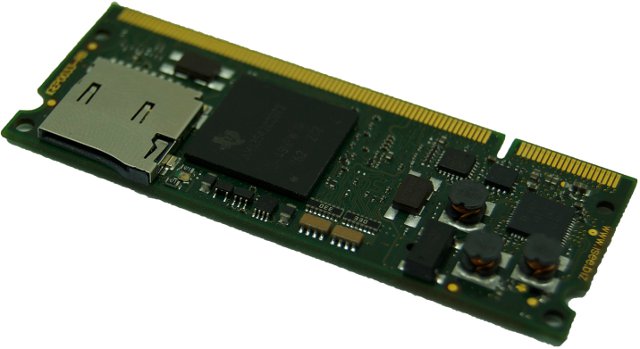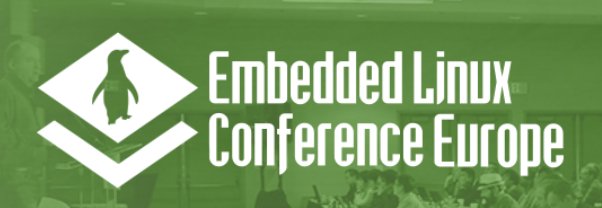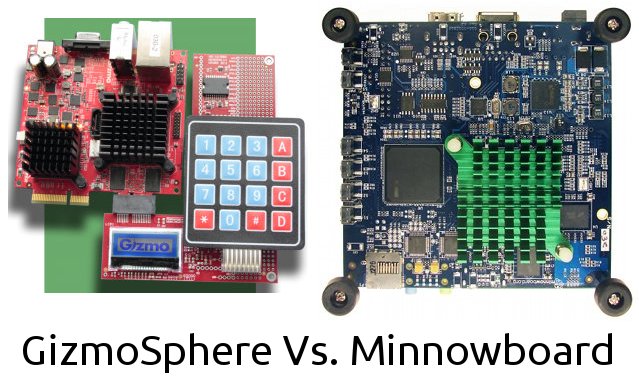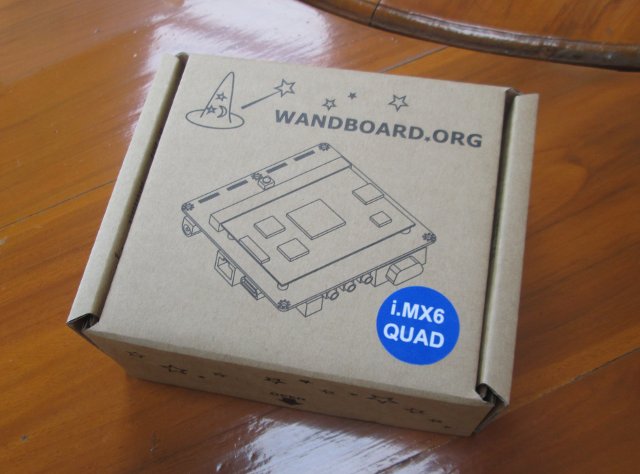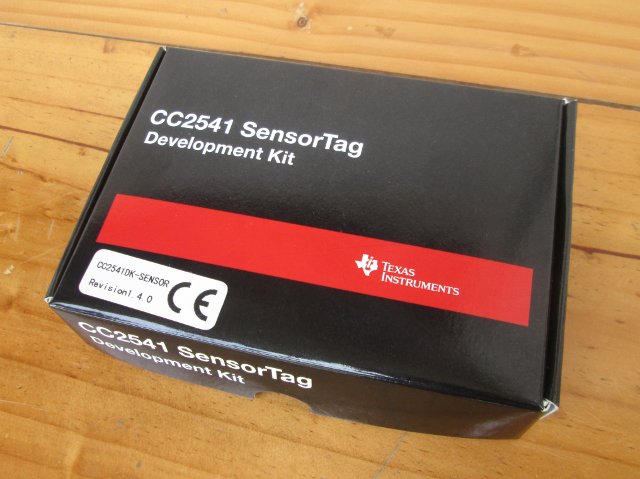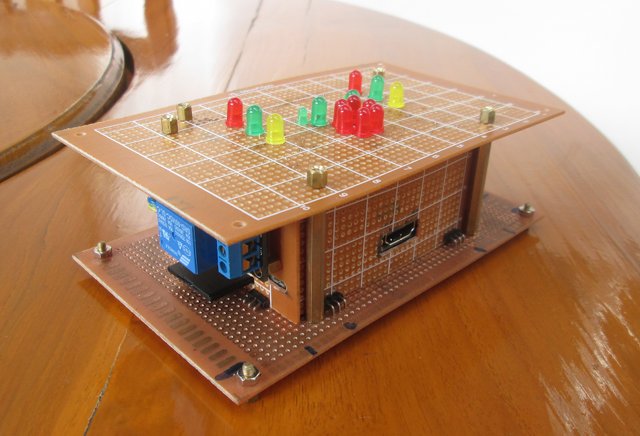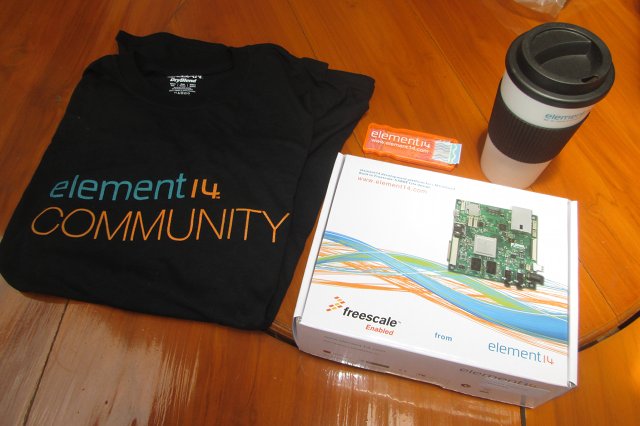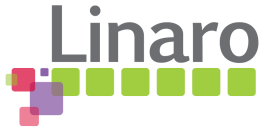Back in February, ISEE announced 2 new computers-on-module based on TI AM335x at Embedded World 2013. IGEP COM AQUILA, one of those 2 modules based on AM3354, is now available and we have a more information about software support, and baseboard availability. AQUILA specifications do not appear to have changed since the earlier announcement: Processor – Texas instruments Sitara AM3354 Cortex A8 @ 720 Mhz + PowerVR SGX GPU System memory – 256 MB DDR3 SDRAM, 303 MHz, 16-bit Storage – 128 MB SLC NAND FLASH + on-board micro-SD socket Networking – 1x Ethernet PHY Debug Interface – JTAG Sitara AM335x interfaces – USB Host/OTG, I2C, SPI, CAN, UART, LCD controller, GPIOs, etc… Power – 4V to 5,5V DC via SODIMM connector. 1x Linear 3V3@1A regulator Dimensions – 67,6mm x 26 mm (SODIMM form factor) Temperature Range – Industrial: -40 to +85 C What’s new to me, is the tiny […]
Embedded Linux Conference Europe 2013 Schedule – Build Systems, Security, Device Tree, Debugging & Profiling Techniques, and More
Embedded Linux Conference Europe 2013 will conveniently start right after LinuxCon 2013, last 2 days (October 23-24), and take place at the same location: the Edinburgh International Conference Center, Edinburgh, United Kingdom. The Linux Foundation has published the schedule for the conference, so I’ll make my own virtual schedule with sessions that I find particularly interesting. Thursday – 24th of October 9:30 – 10:10 – Timeline For Embedded Linux by Chris Simmonds, Consultant, 2net Limited Today, Linux is woven into the fabric of our technology. Things such as printers, routers, TVs and phones all have their own “Inner Penguin”. Yet it was never originally intended to be used beyond desktop and server PCs. A lot of things had to happen before Linux could break out of the PC environment and make its way in the world as a jobbing jack-of-all-trades. Since the early beginnings of embedded Linux in the late 1990’s many people have contributed […]
GizmoSphere vs Minnowboard – AMD and Intel x86 Embedded Boards Comparison
The Gizmo Explorer Kit is an embedded kit based on a development board powered by AMD G-Series G-T40E dual core APU that’s available since the beginning of the year. The Minnowboard is another new x86 embedded board, but this time based on Intel Atom E640 processor. Both cost $199, so a side-by-side comparison might be useful,and GizmoSphere team released a comparison table for both board, and is offering free shipping for the week with “Sharkweek2013”. Let’s have a look. The company only provided the table in image format, so I’ll reproduce it “as is” below, and see if there may be some correction or addition afterwards, the table has been designed by one of the competitors. The parts in yellow are supposed to highlight advantages of the GizmoShpere against the Minnowboard, but they conveniently “forgot” to highlight advantages of the Minnowboard. [Update 13/08/2013 – Gizmo guys have updated their table […]
Wandboard Quad Unboxing, Getting Started with Android and Linux (via The Yocto Project)
After my review of the Wandboard Dual in February, I’ve now received Wanboard Quad development board powered by Freescale i.MX6 Quad Cortex A9 processor, with 2 GB RAM, HDMI output, Gigabit Ethernet, and SATA. The board is available from several distributors including Mouser ($139), DigiKey ($144.38) and FutureElectronics ($125). I’ll start by showing some unboxing pictures of the board, as well as pictures of Wandboard Dual and Quad side-by-side. Then I’ll explain how to install Android and Linux on the board, build the images from source, run some benchmarks, and test different features. Wandboard Quad Unboxing Ive received the board via UPS in a large box that contained the package below. This is exactly the same as Wandboard Dual, except for the sticker. There’s just the board inside the package, and it would just look like Wandboard Dual with all connectors on the top, and the EDM module at the back, […]
Texas Instruments SensorTag Unboxing, Getting Started with Bluetooth Low Energy in Linux (with a Raspberry Pi)
Texas Instruments CC2541 SensorTag is a Bluetooth Low Energy (BLE) development kit with 6 sensors (IR temperature, humidity, pressure, accelerometer, gyroscope, magnetometer) mainly destined at mobile application developers for iOS, and soon, Android 4.3. I’m interested in BLE, as I expect most new phones with come with BT 4.0 BLE (aka Bluetooth SMART), and this technology may help bring the Internet of things to life, allowing us to interact with sensors, smart appliance (e.g. light switch)… Since it just costs $25 (including international shipping), I decided to buy it, and give it a try. Today, I’ll show some unboxing pictures, and how to communicate with the kit using the Linux command line. TI SensorTag Unboxing I ordered it at the end of May, and receive it by Fedex on the 18th of July, about 7 weeks later, in the package below. Inside we’ve got a Quick Start Guide for iOS […]
DIY Stripboard/Veroboard Enclosure for Raspberry Pi (Part 2)
Following up my previous post entitled “DIY Modular Stripboard / Perfboard Casing for Raspberry Pi (Part 1)” where I explained how I created an modular enclosure made of perfboard, or the overall concept, I’ve now designed two “smart” sides for the enclosure: a 16-LED stripboard side, and a 5V relay stripboard side. Today, I’ll detail how I’ve done this, with details about electronics, soldering, assembly, the Linux distribution (built with Yocto), as well C programs, HTML page, and (CGI) shell scripts used to light up the 16 LEDs, and control a standard 220V lamp with a relay via my phone’s web browser. 16-LED Stripboard Top Schematics, Soldering, and Testing I had decided to design the top board of the enclosure with several LEDs, 3 LEDs on both side, and a Raspberry fruit (6 red LED) and 2 leaves (4 green LED) in the middle. Before getting started, I did some […]
Freescale SABRE Lite i.MX6 Development Board Unboxing, Wandboard Quad Comparison, and Quick Start Guide
Freescale SABRE Lite is a development board powered by i.MX6 Quad processor with 1GB RAM, SATA, GbE Ethernet, and more. You can get SABRE Lite specifications in my first post about the board. I recently participated in Element14’s “brainteaser” competition for the 4th birthday of their community, where the company offered 9 SABRE Lite development kit to randomly selected participants, and I got lucky. The board can be purchased for $179 from Element14 (MCIMX6Q-SL). I’ll start by showing what in the package, followed by a side-by-side comparison with Wandboard Quad, and show how to getting started by following the Quick Start Guide provided with the board. SABRE Lite i.MX6 Development Kit Unboxing I received the board about 5 days after I provided my address in a large staple carton box with a few goodies. Beside SABRE Lite devkit, the package comes with Element14’s T-Shirt (not my size), double walled tumbler, […]
Linaro Connect Europe 2013 Sessions and Mini-Summit
Linaro Connect Europe 2013 (LCE13) is taking place in Dublin, Ireland on July 8 – 12, 2013. If you are not there, you can still follow the event remotely as the event schedule is available with tracks focused on Android, Builds and Baselines, Enterprise, Graphics and Multimedia, Linux Kernel, Network, Project Management Tools and Training, and the Testing and Validation mini-summit will also take place at the same time. There will be hacking and lab sessions each day (except on Friday) where you can expect to learn useful skills. I’ve selected 2 sessions per day that I think might be particularly interesting. Monday 10:00 – 10:45 – ARMv8 Status and Updates Current Status of v8 tree What’s merged? What’s features are next priorities? Platform Updates What members should know about adding new v8 platforms 12:00 – 13:00 – How to make Android more efficient for entry level products The main objective of […]


